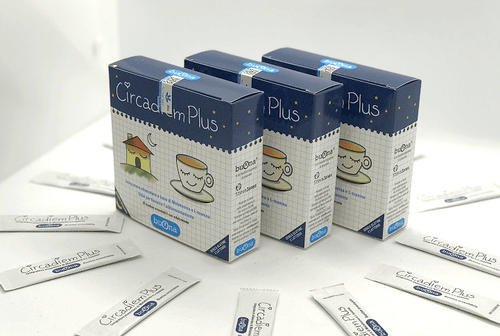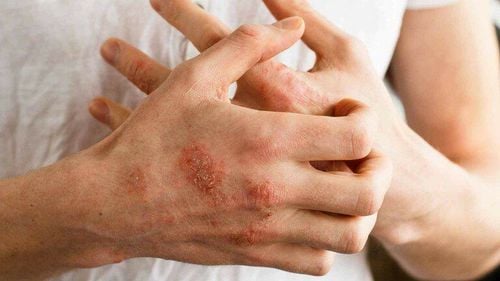This is an automatically translated article.
Itching is a symptom that is not dangerous but causes considerable discomfort, especially for people with itching due to urticaria. So is there any way to relieve itching when you have urticaria or not, or if you have a red, itchy rash, what to do?
1. Talk to your doctor about itchy hives
Many causes can cause chronic idiopathic urticaria (CSU), the name for an itchy rash that occurs almost continuously for 6 weeks or more. It is not always clear what causes chronic idiopathic urticaria. But sometimes, a drug or medical condition can cause it. Your doctor can check to see if this is happening to you and find out if they need to change your prescription or treat another health problem to get the hives under control.
2. Take medicine as prescribed by the doctor
For most people with chronic idiopathic urticaria, doctors cannot find a specific cause. But they may prescribe an antihistamine to relieve the itching.
If that's still not enough, they may recommend steroids or a drug that affects the immune system called cyclosporine. But it's best to take them only for short periods of time, as they can cause serious side effects. It is important to follow your doctor's instructions carefully.

Cách đỡ ngứa khi bị mề đay là bạn nên uống thuốc theo đơn của bác sĩ
3. Always keep your body cool
Heat can make chronic idiopathic urticaria worse. You can help keep your body temperature lower. Try choosing clothes made of breathable materials like cotton. Use a fan to avoid sweating or overheating. Or wrap a few ice cubes in a towel and apply it to the itchy area.
4. Soothe your skin
Soothe skin by showering and applying fragrance-free moisturizer several times a day. Be careful not to use strong soaps that can make your skin dry or irritated. Don't scratch, that can actually make you itch more.
5. Be careful what you wear
Tight clothing that rubs the skin or even the pressure of a bag strap on the shoulder can aggravate the rash. It's best to wear loose-fitting clothes and try not to let anything rest on the red, itchy rash for any length of time.
6. Check your daily diet
Some studies show that dietary changes can help control hives. Foods that can make chronic idiopathic urticaria worse include those with additives such as colorants or preservatives, gluten, or histamine. To cut down on histamine, limit things like tuna, pork, chicken, mayonnaise, yogurt, cheese, ketchup, wine, and beer.
7. Stress Management
As with many other conditions, stress can make chronic idiopathic urticaria worse. To avoid itching, find a healthy calm that works for you. You can try regular activity or mindfulness practices, such as meditation or breathing exercises.

Quản lý căng thẳng là một trong các cách đỡ ngứa khi bị mề đay
8. Keep a diary
A diary may not pinpoint the exact cause of your rash, but a diary where you keep track of outbreaks can shed light on what's causing them. You'll want to pay attention to things like what you eat, what you wear, what medications you take, whether you feel stressed, and temperature changes.
If after applying the above methods but the urticaria does not improve, you should go to medical facilities to check for instructions from a specialist doctor.
Please dial HOTLINE for more information or register for an appointment HERE. Download MyVinmec app to make appointments faster and to manage your bookings easily.













